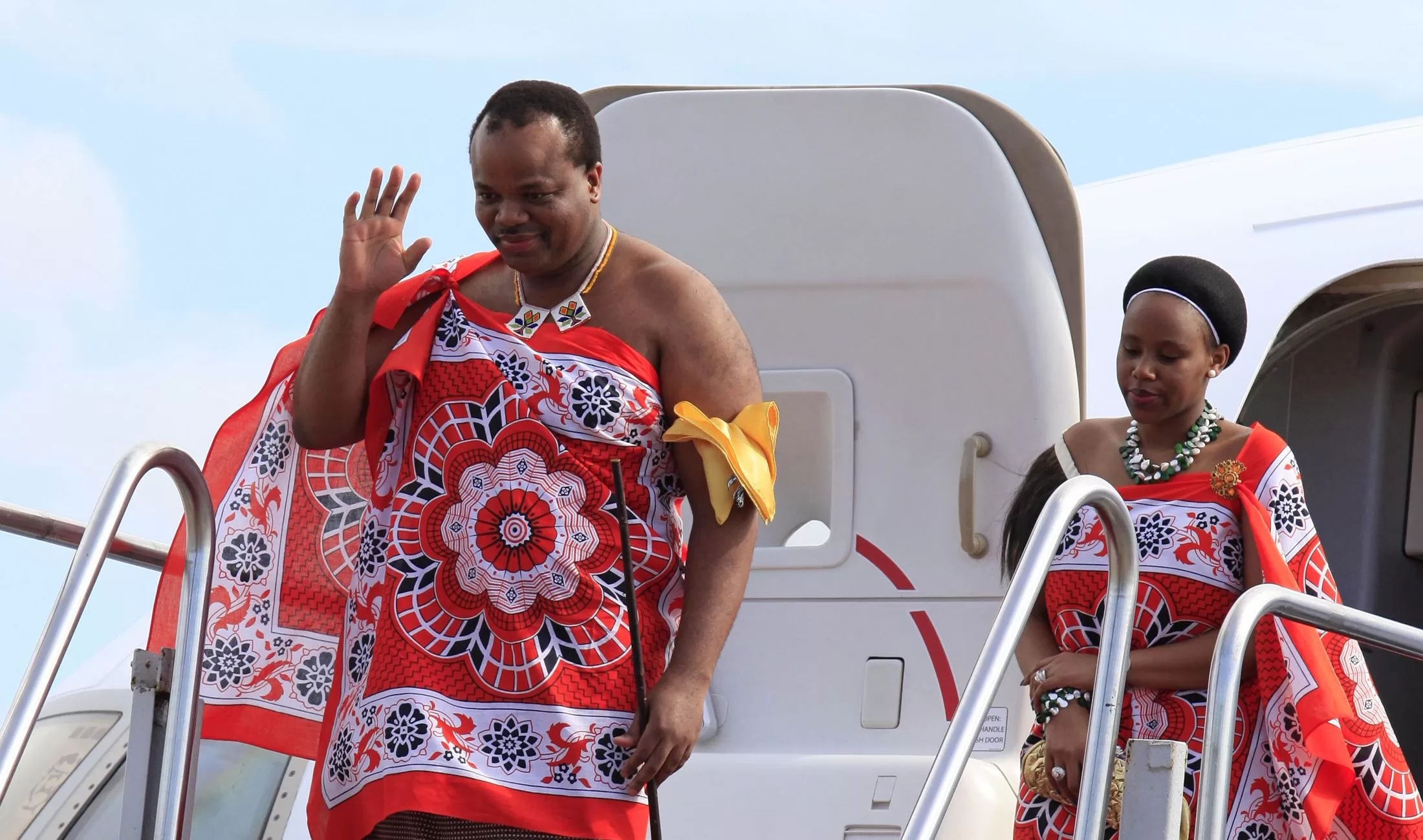Eswatini is a landlocked nation that shares boundaries with southern Mozambique and the eastern edge of South Africa.
Ngwane III, one of the remarkable rulers of the Swazis, exerted the kingdom’s existence in the mid-18th century. Mswati II, the 19th-century king who oversaw the country’s expansion and unification, is the source of both the name of the nation and that of the Swazi people. He reigned from 1840 to 1868. Swaziland was drawn up in 1881 amid the Scramble for Africa.
Beginning in 1903 and ending on September 6, 1968, Swaziland was a British protectorate. It was headed by King Sobhuza II, who, in 1973, suspended the constitution because he thought the colonial constitution did not accurately represent the wishes of the people.
On September 6, 1968, it declared its independence from the United Kingdom. King Mswati III has governed the country as an absolute monarchy since 1986, making it one of its kind in Africa. The majority in the House of Assembly and the Senate are decided by elections that are conducted every five years. In 2005, its constitution was approved.
Swaziland was officially renamed in 2018 by King Mswati III, the king announced on April 19 that Swaziland; a combination of the name of his people and the word ‘land’ would henceforth be known as Eswatini—siSwati for the place of the Swati, the indigenous name for the people and the language. Eswatini translates as ‘land of Swazis’.
“I would like to announce that Swaziland will now revert to its original name”
“African countries on getting independence reverted to their ancient names before they were colonized. So, from now on the country will officially be known as the Kingdom of Eswatini.” the king said.
At a celebration marking the 50th anniversary of the nation’s independence from Great Britain, King Mswati issued the proclamation in a stadium in the nation’s capital, Mbabane. The goal of the modification was to distance the nation from its history as a British colony.















